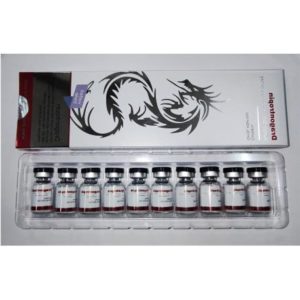Human Growth Hormone
Human growth hormone (HGH) is a hormone produced by the pituitary gland that plays a vital role in human growth and development. HGH is responsible for stimulating growth, cell regeneration, and reproduction in humans. It is a key player in the regulation of metabolism, body composition, and physical performance.
The production of HGH peaks during childhood and adolescence, which is why it is so critical to growth during these stages. However, HGH production begins to decline as we age, starting as early as our twenties. This decrease in HGH production is part of the reason why we experience the signs of aging, such as decreased muscle mass, increased body fat, and reduced bone density.
Due to these effects of aging, there has been a growing interest in the use of HGH as a supplement to help combat the effects of aging. However, it is important to note that the use of HGH as a supplement is highly controversial and has not been approved by the FDA for anti-aging purposes.
One of the primary uses of HGH is in the treatment of growth hormone deficiency (GHD). GHD is a medical condition in which the body does not produce enough HGH, resulting in stunted growth and other health problems. HGH therapy has been shown to be an effective treatment for GHD in children and adults, leading to improvements in height, body composition, and overall health.
In addition to its use in treating GHD, HGH has also been used off-label for a variety of other purposes, including bodybuilding, weight loss, and anti-aging. However, there is limited scientific evidence to support the use of HGH for these purposes, and its use can lead to serious health risks.
One of the primary risks associated with HGH supplementation is the development of acromegaly, a condition in which the bones of the face, hands, and feet become abnormally enlarged. Other potential risks of HGH supplementation include diabetes, heart disease, and cancer.
Despite these risks, some people continue to use HGH as a supplement in the hopes of achieving its purported benefits. However, it is important to note that HGH supplementation is illegal without a prescription and can lead to serious health consequences.
In conclusion, HGH is a hormone that plays a critical role in human growth and development. While its use in treating growth hormone deficiency has been shown to be effective, its use as a supplement for other purposes is highly controversial and can lead to serious health risks. It is important for individuals considering the use of HGH to discuss the risks and benefits with a qualified healthcare provider before proceeding with treatment.
Showing the single result
